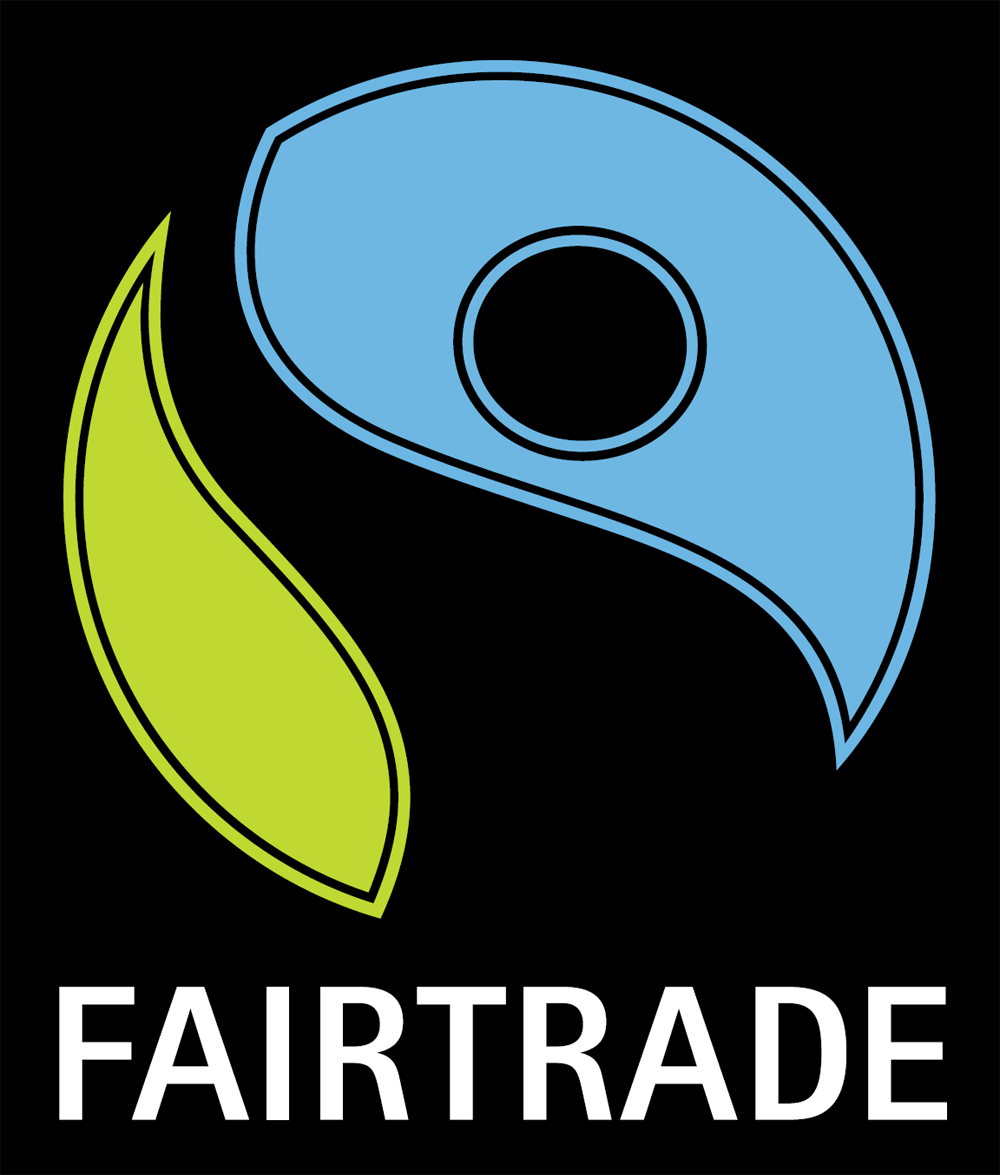
The
Papillon Foundation has made an incredible difference to many people in need over the last 7 years. They contribute to communities in need in a number of areas, including provding computer training and project management skills.
I asked Stephen Smith, Director at Papillon, some questions on how they go about the building relationships with their funders, challenges with paying staff a low wage and the benefits of community project ownership.
1. You mention on your website that in the early days you found it very difficult to pay salaries and now your staff are receiving just the bare minimum wage. What challenges did/does this present to you and your staff in meeting your social objectives?
Answer: Firstly it has to be noted that it takes a lot of time and effort to train a person in the skills required to perform at optimal level in their duties and tasks.
It is an unfortunate situation in our country and I suppose on a global scale that the head hunters in the corporate market are aware about the excellent skills training that NGO volunteers receive and we suffer regular debilitating losses to the corporate fields, due mainly to our inability to match corporate salaries.
We can however not in any way prevent any of our staff from taking up these offers and therefore we simply persevere in the training up of new recruits.
A benefit in this regard is that those that choose to join the corporate market, are really empowered to bring about change in their own communities and we continually emphasise the importance of social outreach efforts to all that engage with our cause.
2. Your philosophy seems to be one of self sustainability with your projects focussing on community ownership. Can you outline how this works in practice and how you gain the buy-in and support of those involved to make it a success?
Answer: Community ownership of a computer training set up for instance results in trust and dignity restoration.
It is a well known fact that any person will perform greater efforts if they feel that they are doing it for themselves, as opposed to doing something for someone else.
Ownership of a social outreach project increases the responsibility factor and ownership of the resultant credit is a sure catalyst for increased efforts, that leads directly to the benefit of the destitute.
Mutual trust plays a major role in all of Papillon’s social outreach efforts and our growth over the past 7 years clearly reflects the importance of the trust factor.
3. What are the typical challenges you come across when funding a new project?
Answer: We simply refuse to be daunted by any challenges, especially once we have the communities buy in and we simply roll up our sleeves and get stuck in.
The importance here is that it must never be a project that is forced upon the community, but rather a well researched effort that meets with the affected communities’ needs.
People, regardless of their situation, are not fools and they will soon know if you mean well, or if you simply want to stroke your own ego.
The amazing thing is that everything such as infrastructure, materials and any other requirements seem to appear, as if almost guided by a magic hand.
Believe it or not, this is exactly how we started Papillon in 2002 and some of us worked the entire first year for free.
4. You have a number of partners supporting the Papillon Foundation. Why do your partners invest in your organisation?
Answer: Billions have been poured down the drain in past “giving to the poor” efforts that resulted in the old hand out culture that makes our work so difficult today.
A culture of entitlement was created and it is this culture that we are trying to change by showing people that they have the talents to help themselves, by bringing them quality opportunities in subsidised skills training to unlock their own natural abilities.
Just as the poor are not fools, so also our supporters are not fools and they see the results of their support in our reported achievements, knowing that they also have a full partnership in these achievements.
5. Do your partners play a decision making role in how the projects that they have invested in are run?
Answer: Yes, indeed, we offer our partners the opportunity to bring their own experience into play, especially in the formation of any new projects as this delivers guidance and satisfaction to all parties concerned.
The past has taught us that a comprehensively owned clear vision can work wonders for all concerned.
6. Many investors are now approaching funding where they look for a financial return on their investment, so that these funds can be reused for other social causes. Do you partner with organisations that look for a financial return on their investment?
Answer: As we currently plough all gains directly into the expansion of our successful outreach models, we are not yet in the position to deliver financial returns upon investments.
It must be realized that Papillon is currently in the process of assisting needy communities in Cape Town to also open a training branch (which will complement the training branches in Soweto and Pretoria and our dream is to assist needy communities across the African Continent to open training centres.
A full list of Papillon's achievements can be found on their new website, including their 2008 annual report.
Mike.
 Cancer Research UK is turning to social enterprise in the hope of increasing its revenues.
Cancer Research UK is turning to social enterprise in the hope of increasing its revenues.








